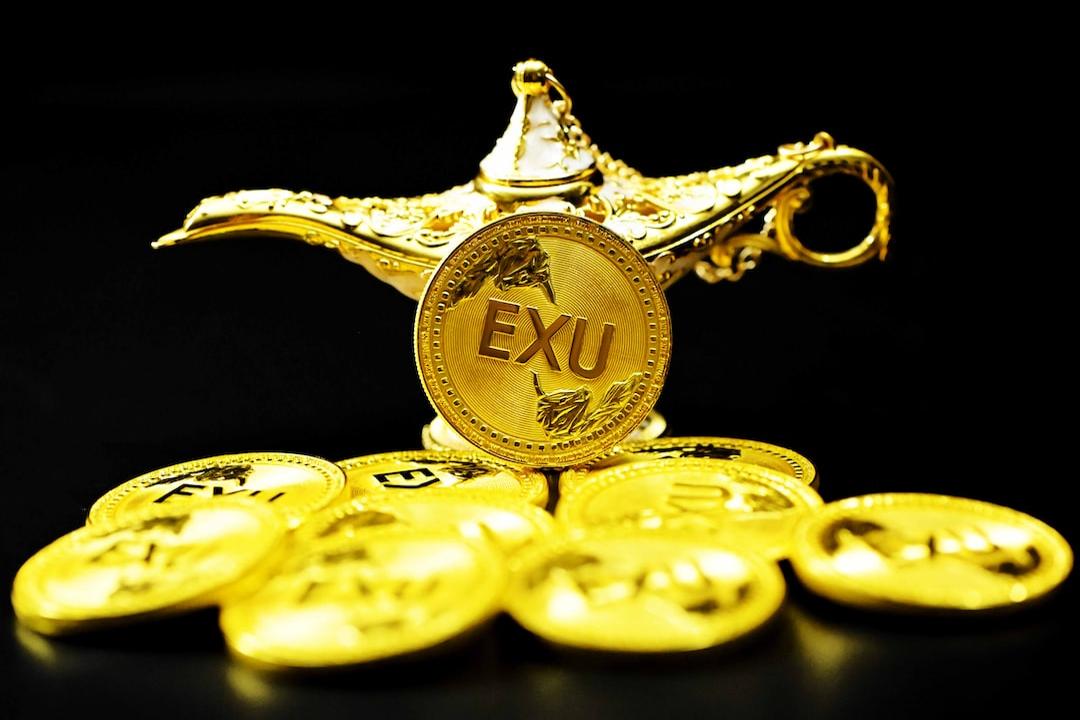Oliver Michel, CEO of Tokentus Investment AG, recently provided his perspective on the ETHGate controversy, drawing parallels between Ethereum’s initial coin offering (ICO) and Ripple’s institutional sales of XRP. ETHGate refers to allegations that the Ethereum team cultivated relationships with high-ranking SEC officials to gain a regulatory advantage over other cryptocurrencies. Critics claim that this relationship prompted former SEC director William Hinman to classify ETH as a non-security in a speech in June 2018. Michel’s comments were shared by XRP influencer Digital Asset Investor on the X platform, where he criticized mainstream media for overlooking Ethereum’s early controversies.
During an interview with a Der Aktionär reporter, Michel characterized the ETHGate scandal as an intriguing story and expressed his eagerness to see its outcome. He highlighted Hinman’s strategic declaration of Ethereum as a non-security and SEC Chair Gary Gensler’s evasive response to questions about whether ETH is a security during a congressional hearing. Michel also pointed out that Ethereum’s ICO in 2015 could potentially classify it as a security, referring to Judge Analisa Torres’ ruling in the Ripple case, which stated that Ripple’s institutional sales of XRP should have been registered with the SEC.
Michel further criticized the Ethereum team for offering ETH to institutional investors without fulfilling regulatory requirements. He also referenced an old post from crypto advisor Steven Nerayoff, who claimed to possess a list showing the distribution of ETH to early contributors. Nerayoff accused Ethereum co-founder Joseph Lubin of violating the terms and conditions of the ETH ICO by engaging in speculative buying during early sales. He argued that Lubin’s breach was more severe than Ripple’s violation of securities laws through its institutional sales of XRP.
Nerayoff characterized the ETHGate scandal as one of the largest financial frauds in history, acknowledging that many find it difficult to believe the alleged actions of individuals like Lubin and Ethereum co-founder Vitalik Buterin. Despite the potential implications of the scandal, Nerayoff criticized mainstream media for disregarding the story but vowed to continue exposing corruption from Ethereum’s early days.
It is important to note that this article provides information and should not be considered financial advice. The opinions expressed are those of the author and not necessarily The Crypto Basic’s viewpoint. Readers are advised to conduct their own research before making investment decisions, and The Crypto Basic is not liable for any financial losses incurred.

